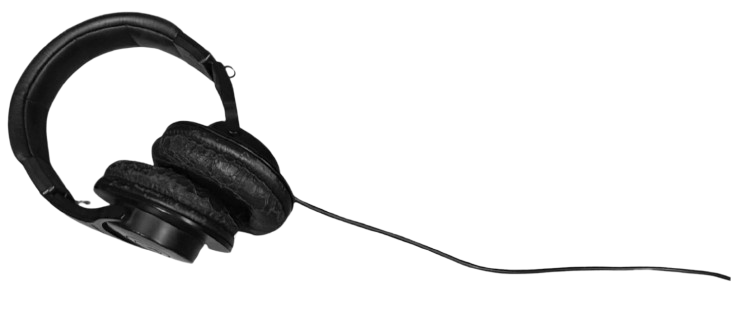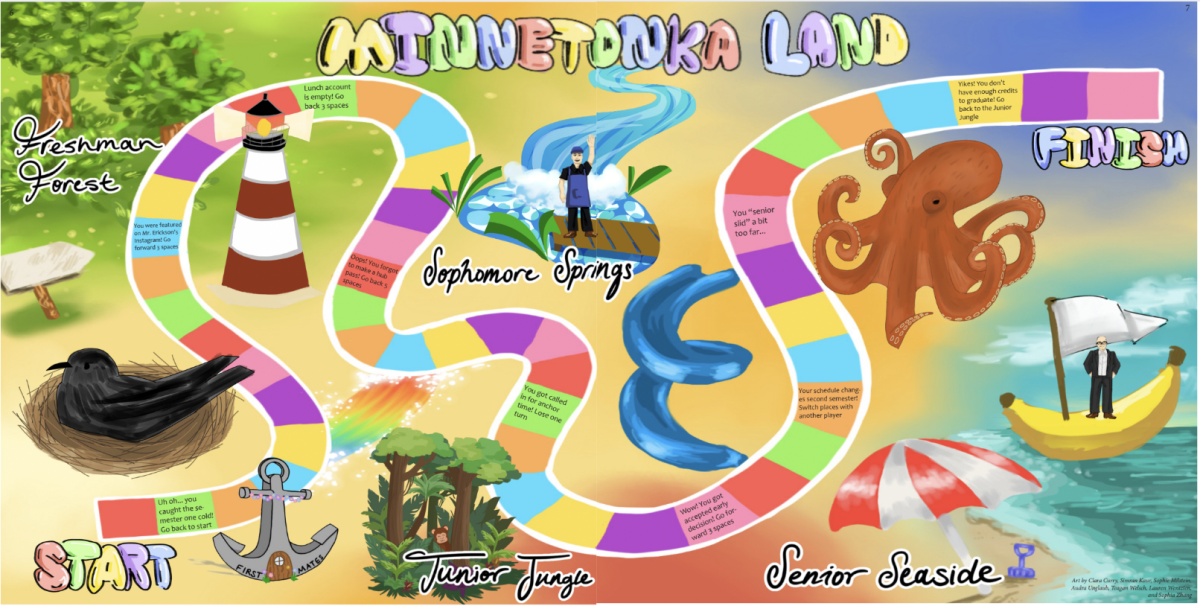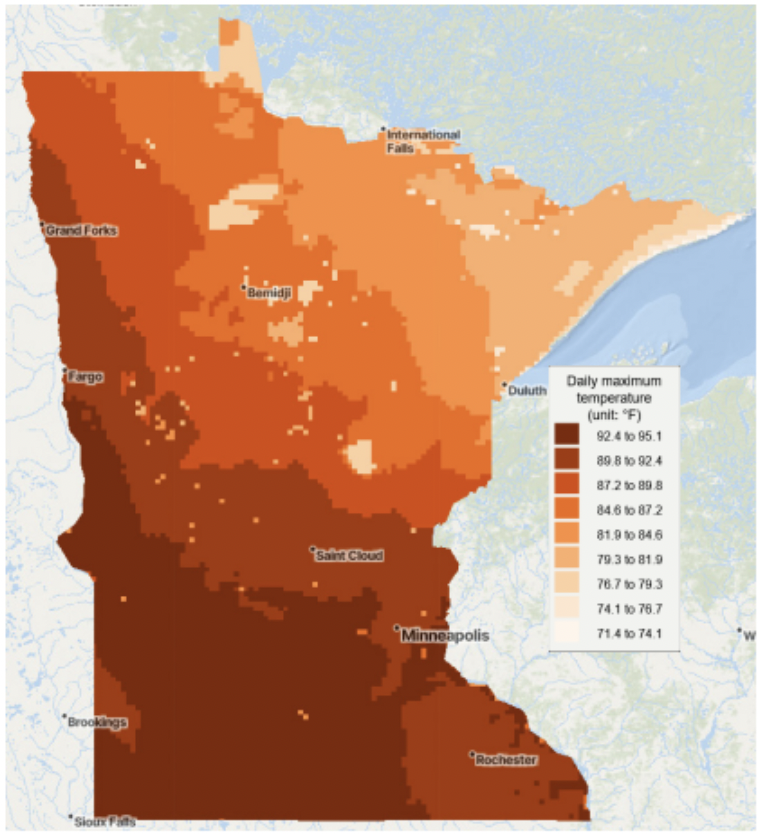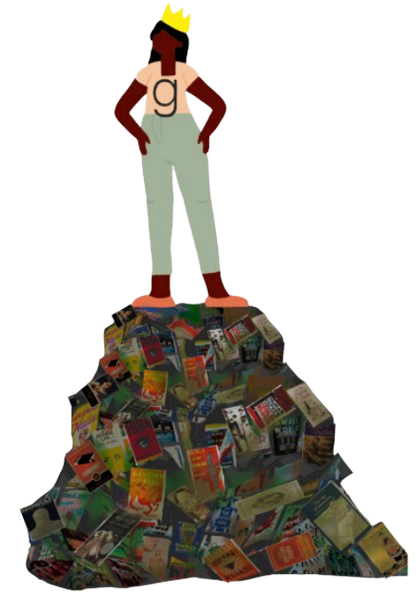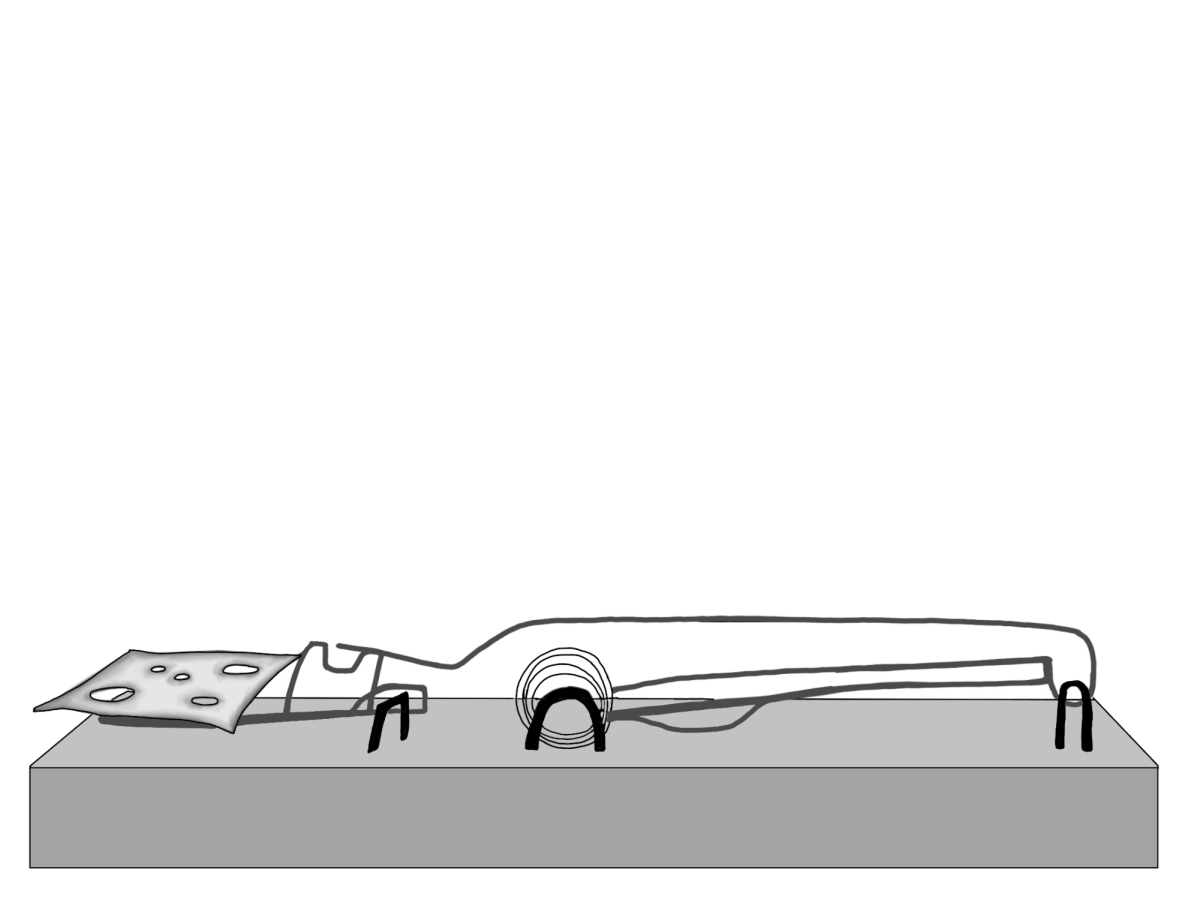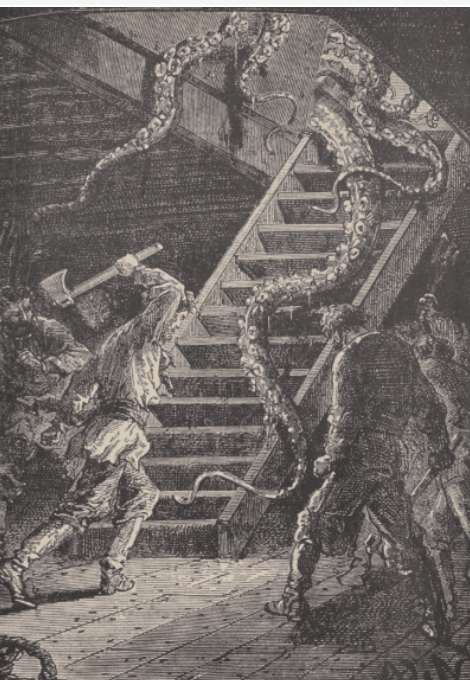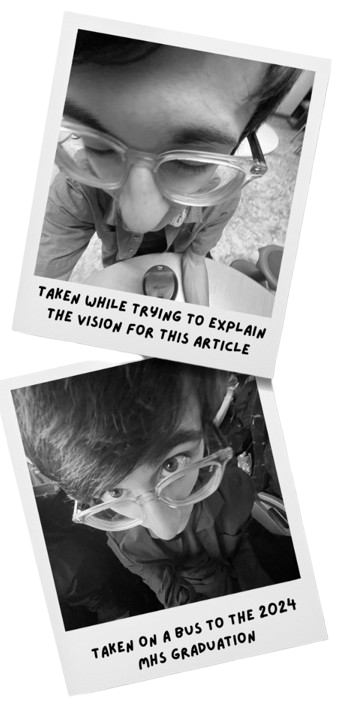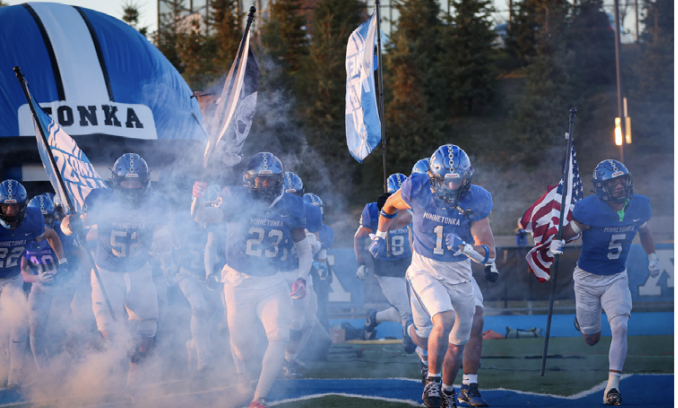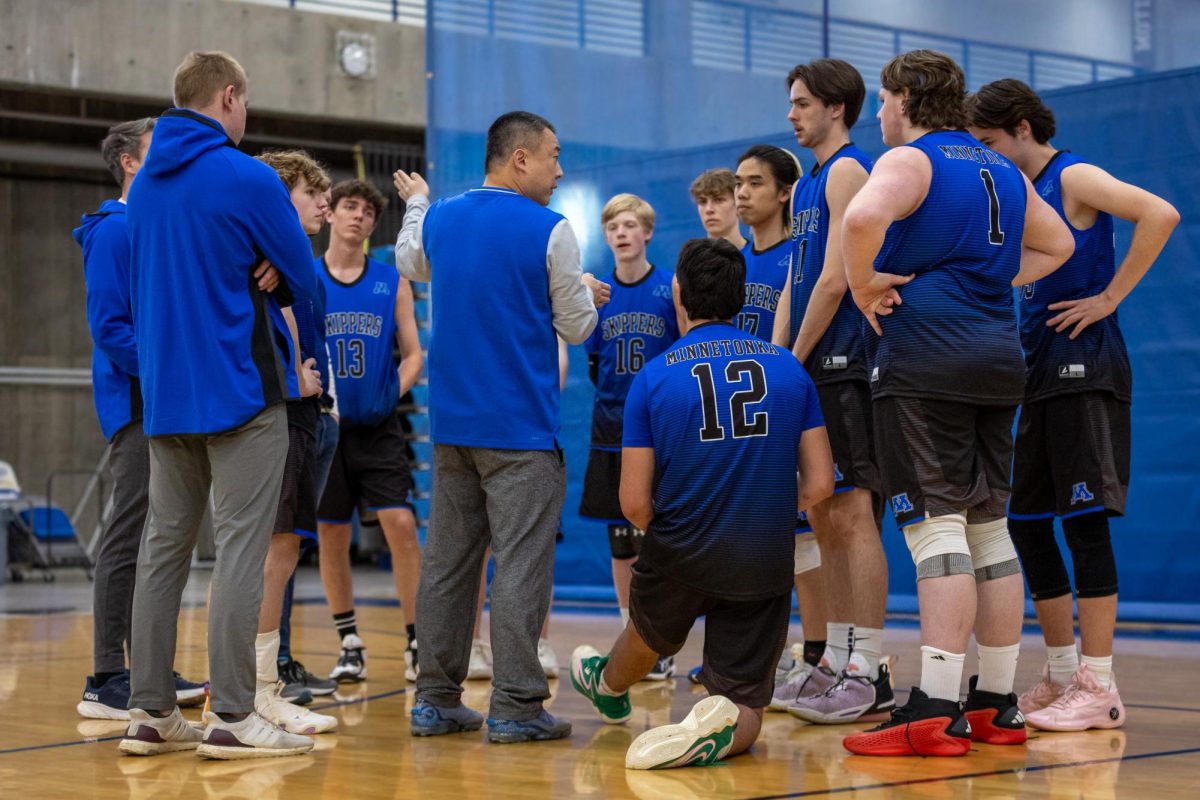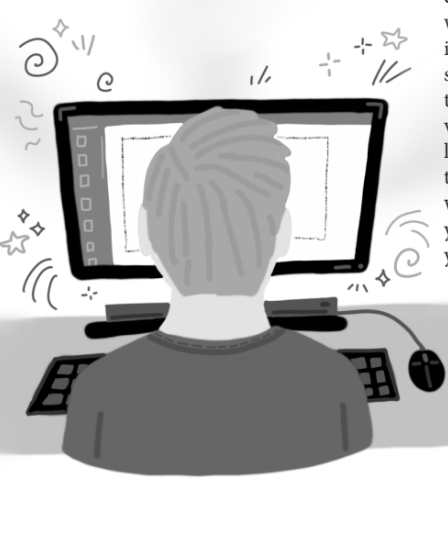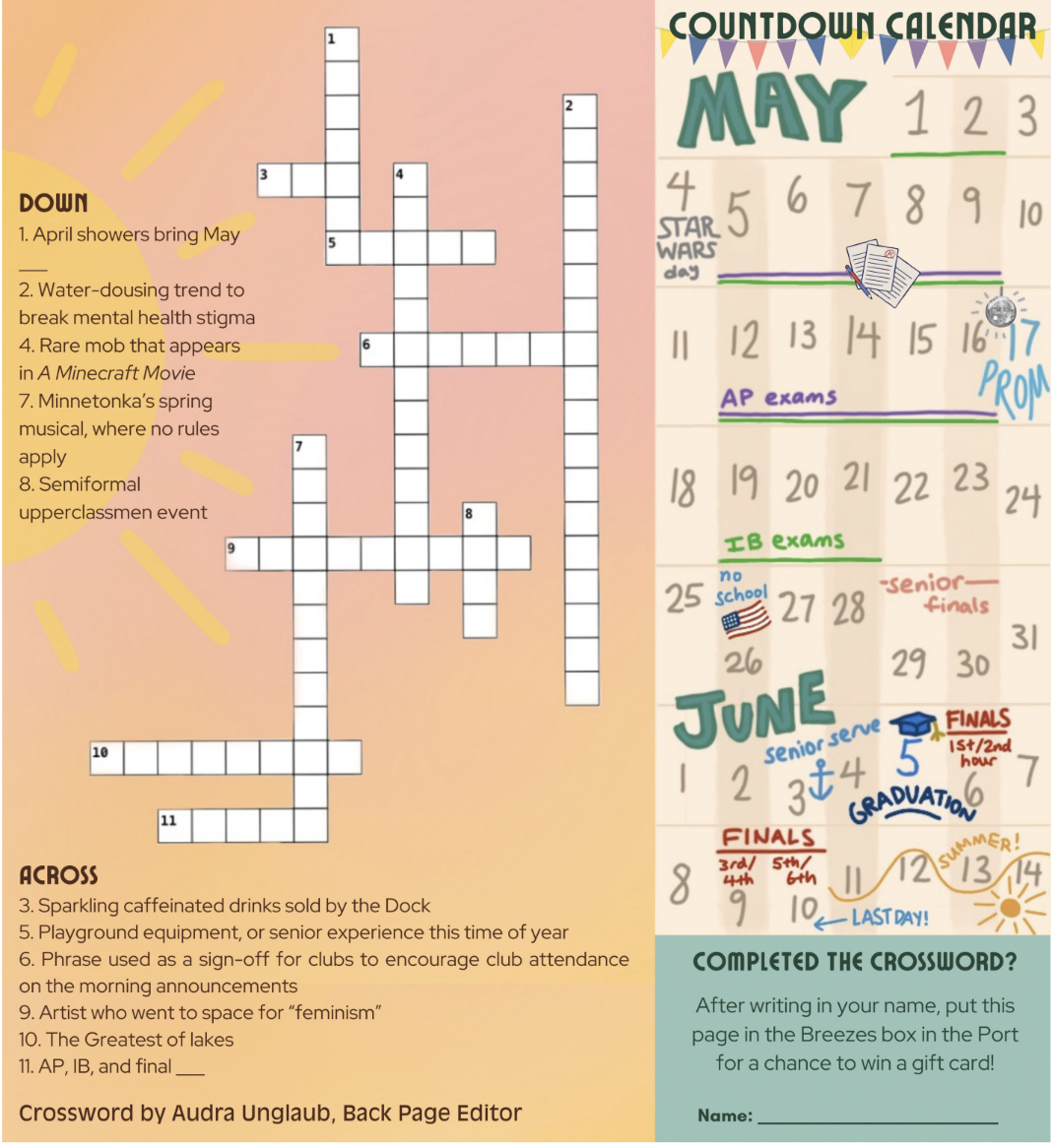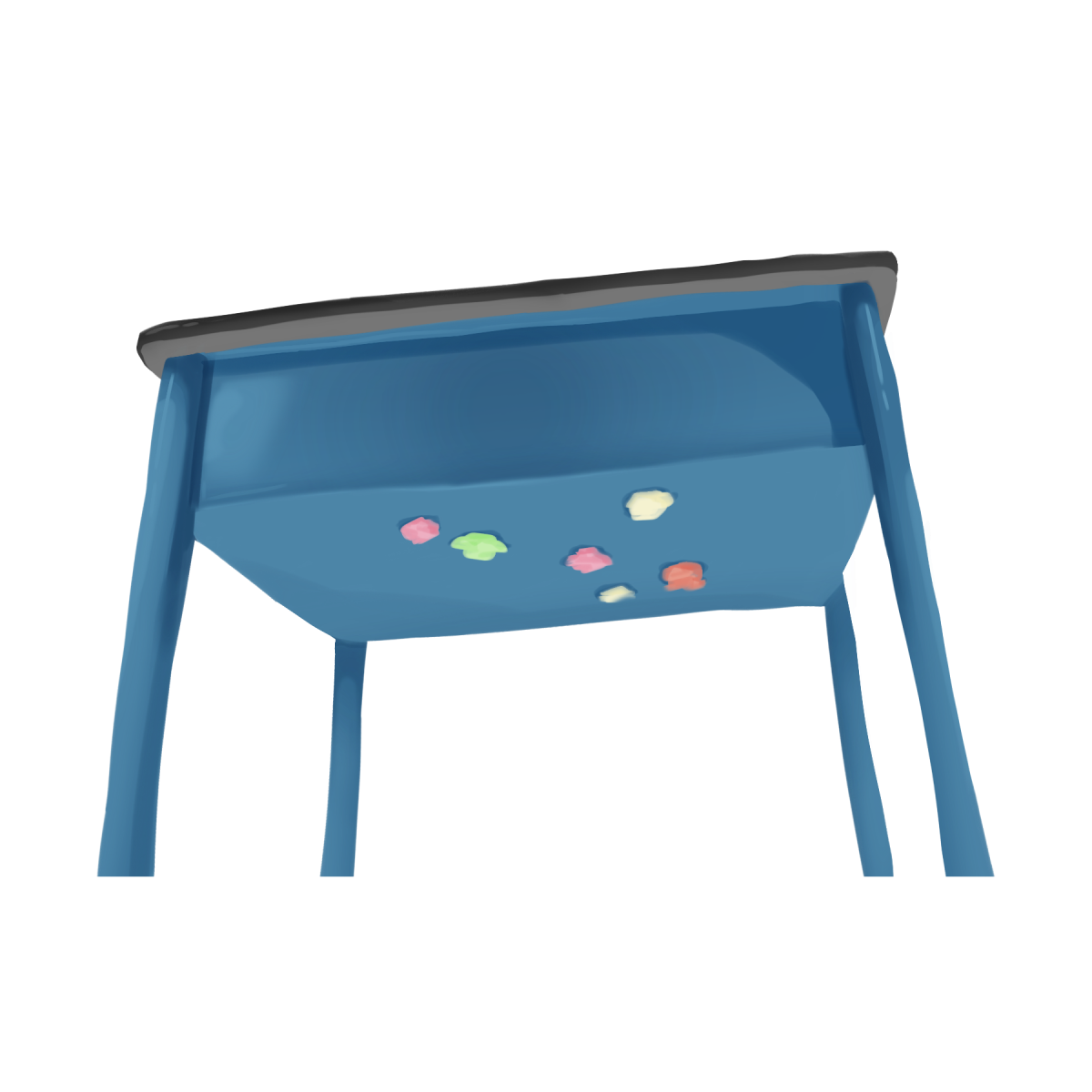
In a world of constant distraction, health classes and All Aboard segments teach us that one’s health should be a main focus. Eating fruits and vegetables, limiting caffeine intake, and staying hydrated are essential for academic performance. Now that school lunch is free, where does the Dock fit into this narrative?
At times, it’s difficult for me to take care of myself. I forget to eat or bring my water bottle. I accidentally go to bed at midnight. Any one unhealthy behavior can set off a chain reaction of decline in my productivity, motivation, and mental health. I especially struggle with eating nutritious food and balancing my energy level. Last year, I would buy a cookie and chips from the Dock and hope they would get me through the day. I had a hard time focusing in class. I would be exhausted when I got home. It was my fault.
This year, I eat the school lunch and drink water. I have more energy and can focus in class. However, the rare times that I go to the Dock, I feel disappointed by the options. Consistently I find snacks with little to no nutritional value and energy drinks with misleading marketing.
Ice energy drinks are a staple at the Dock. They claim to have “natural caffeine,” “zero sugar,” and contain “vitamins and antioxidants.” However, the consumer’s impression that the product is healthy is deceptive. “Natural caffeine” is chemically identical to synthetic caffeine, thus there are no added benefits from the distinction between the two. The drink also contains sucralose. Though sucralose has no real negative effects in moderation, existing research is sparse and conflicting. Overall, long term consumption of sucralose is linked with an imbalance in the gut microbiome as well as potential for decreasing insulin sensitivity. Lastly, the vitamins and antioxidants are not a significant benefit as their effects are hindered by the highly processed nature of the drink.
The American Academy of Pediatrics states that caffeine “has no place in the diet of children and adolescents.” According to the CDC, consumption of energy drinks can lead to anxiety, dehydration, insomnia, and heart complications. MHS Health Teacher Mrs. Florio says, “Caffeine can be a boost of energy. [However], like any drug, when you get used to it, suddenly you need it everyday. You feel negative effects when you don’t have it anymore. You could feel headaches, jittery, upset stomach, lack of focus, sluggish, tired when you don’t get that because your body depends on it now. So, caffeine can backfire on you when you get too dependent on it.”
Sula Dunkirk, ‘25, says “[caffeine] makes my life better. But I understand that in the future there’s going to be a lot of consequences and that I’m kind of addicted to energy drinks. But, in the moment, it makes my day bearable.”
If caffeine is consumed by adolescents, experts recommend no more than 100 milligrams a day. Currently, there is no limit to the number of energy drinks students can buy. One Ice can contains 70 milligrams. Already two exceeds the limit. One bottle of Super Coffee contains 200 milligrams, double the limit. Other Dock options include Capri-Suns, Rice Krispie treats, potato chips, and cream-filled cookies. Though all comply with national Smart Snacks in Schools standards, they are not healthy. Kettle cooked potato chips may have 40% less fat than regular ones, but they are still potato chips. Capri-suns may be a lower-calorie option than other juice drinks, but they still have little to no nutritional qualities.
Efforts have been made to provide heartier, more nutritious options at the Dock, like apple slices, Nutri-Grain bars, Nautical Bowls, banana bread and burritos. However, the overwhelming presence of junk food and energy drinks feels like a missed opportunity to offer “nutritious foods that meet the health and nutrition needs of students” (as promised in Minnetonka District Wellness Policy #533, Article 2, Section C). The policy also assures that “nutritional needs of students will take precedence over profit generation,” (Article 3, Section B, Clause 3).
I’m not suggesting a repeal of energy drinks and snacks. I like snacks and they taste good. I also am actively working to improve my health and habits. As a student, I feel I should not have to resist the temptation to consume products that are bad for me at school.
Mr. Erickson says “students who feel they’ve had a good lunch [are] going to do better. Also, [it’s important] that we have good food, that is nutritious and that students like.” In order to encourage healthier lifestyles in students, a limit on daily purchase or a smaller selection of drinks may be beneficial. Additionally, a continuation of the effort to offer heartier foods or fresh produce would encourage students to make healthier choices throughout the school day.
Mr. Erickson says “Covid changed things significantly for student dining. We’ve [since] increased our staff, more staff equals more options. Our goal has been [to offer] more options that students like, that are fresh…I want students to be happy with what they eat.” I believe the Dock has great potential to incentivize students to adopt healthier lifestyles. It is a matter of balancing what students want and what is truly nutritious. Mrs. Florio agrees, “Our school lunch program is amazing. We have fresh fruits and vegetables every day. I would love to see the Dock be a place where we could offer similarly healthy options for kids to choose from.”


